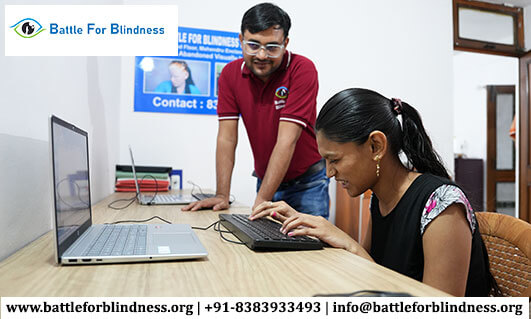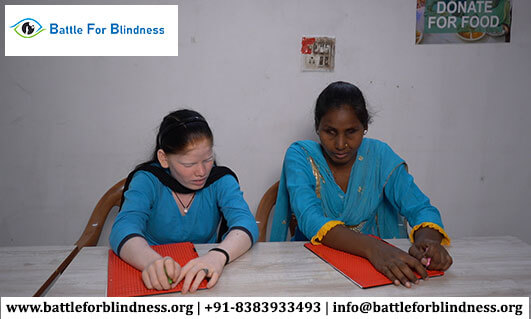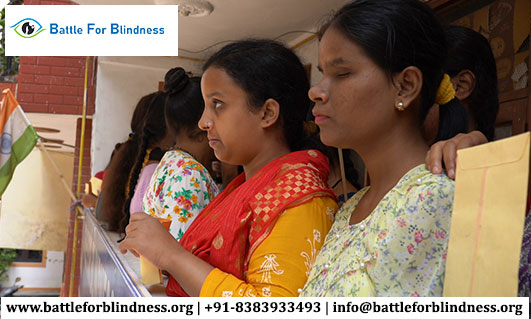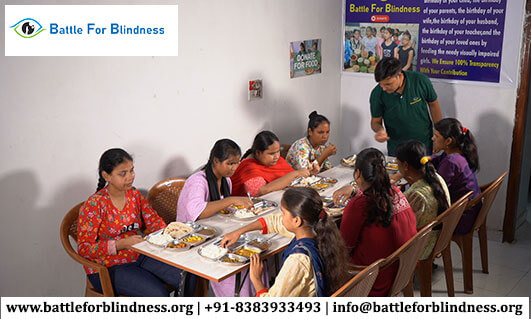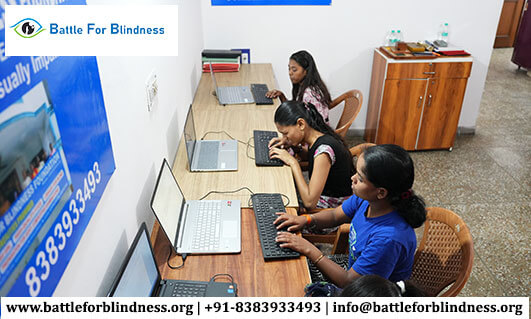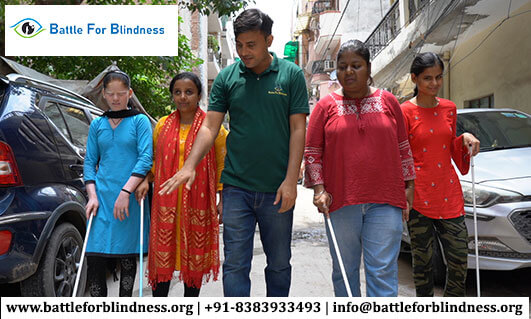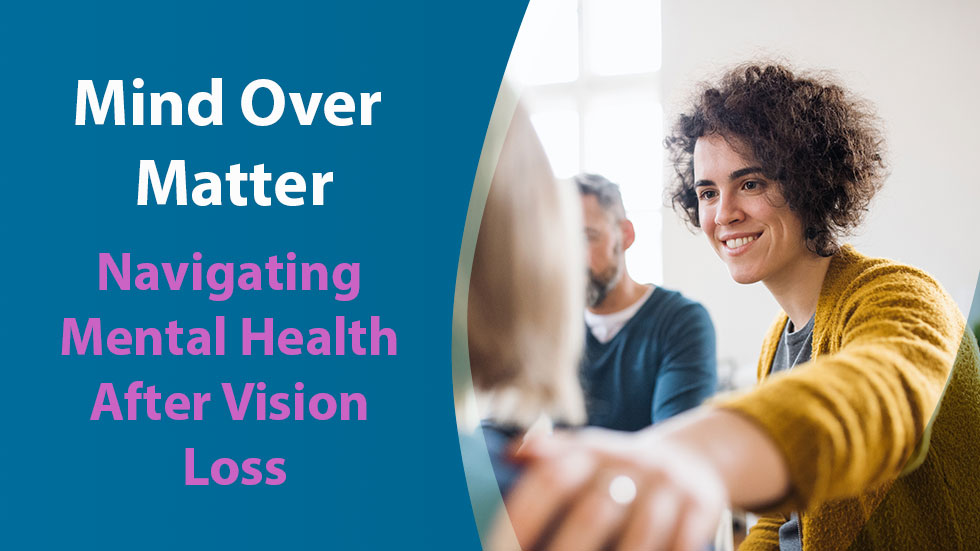
Losing one’s sight later in life can be an overwhelming experience, often triggering complex emotional responses and mental health challenges. Acquired blindness, whether due to injury, illness, or degenerative eye disease, transforms daily life and requires significant emotional adjustment. Addressing the mental health impact is vital to help individuals cope with this transition and build a fulfilling life despite visual loss. In this blog, we explore the emotional aspects of acquired blindness and offer strategies to support mental well-being.
Understanding the Emotional Impact of Acquired Blindness
The experience of acquired blindness varies widely, but many individuals face a common set of emotions, including:
-
Grief and Loss: Losing sight can feel like losing a part of oneself, triggering a grief process similar to other life-altering losses. This process may include denial, anger, sadness, and eventual acceptance.
-
Anxiety and Fear: The uncertainty of navigating life with vision loss often brings up anxiety about safety, independence, and future career prospects.
-
Depression and Isolation: Vision loss can lead to feelings of isolation as daily activities, socializing, and familiar hobbies become challenging. Depression is a common response, especially if individuals lack support.
-
Frustration and Anger: Adapting to new methods for everyday tasks can be frustrating, and the lack of accessibility in public and social spaces may lead to anger.
Understanding and accepting these emotions is an essential step toward mental well-being, helping individuals recognize that their feelings are a normal part of the adjustment process.
Steps to Address the Mental Health Impact
While each person’s journey is unique, certain strategies and resources can aid in adapting emotionally to acquired blindness. Here are a few key approaches:
1. Seeking Emotional Support: Therapy and Counseling
Working with a mental health professional can be invaluable for those navigating the emotional effects of vision loss. Therapists experienced in disability counseling can help individuals address issues such as grief, identity changes, and anxiety. In therapy, individuals can explore coping strategies, receive guidance, and develop healthy ways to manage emotions. Family counseling may also be helpful, as family members often experience emotional impacts alongside their loved one.
2. Finding Community Support: Connecting with Others
Connecting with others who understand the experience of acquired blindness can reduce isolation and foster a sense of belonging. Support groups, both online and in-person, offer spaces to share experiences, learn from others, and develop friendships. Hearing the stories of people who have adapted successfully can be empowering, showing that a fulfilling life is possible after vision loss. Many organizations, such as the National Federation of the Blind and American Foundation for the Blind, host groups and resources to help individuals find community.
3. Practicing Self-Compassion and Patience
Adjustment after vision loss is a journey that takes time, and being kind to oneself is crucial. Self-compassion involves recognizing that frustration, sadness, and setbacks are normal, especially during the early stages of adjustment. Practicing mindfulness techniques, such as meditation or deep breathing exercises, can also help manage emotions and reduce stress. Journaling can serve as a therapeutic outlet to process emotions and track progress over time.
4. Adapting Daily Routines: Building Confidence and Independence
Learning new ways to manage daily tasks, such as cooking, grooming, and getting around, is an essential step toward regaining independence. This shift can be both challenging and empowering. Orientation and mobility training, assistive technology, and other resources can make everyday routines feel more manageable and reduce stress. Building confidence in these skills over time also helps individuals feel a greater sense of control over their lives.
5. Staying Active: Physical Activity for Mental Well-being
Physical activity is not only beneficial for physical health but also a powerful tool for mental well-being. Exercise stimulates endorphin release, helping alleviate symptoms of anxiety and depression. Adaptive sports, like goalball, tandem cycling, or walking, can provide physical benefits and a sense of accomplishment. Participating in physical activities with others can also provide social connection, which is beneficial for emotional resilience.
6. Exploring New Interests: Finding Joy in New Hobbies
Rediscovering or trying new hobbies can bring purpose and joy back into daily life. Many activities are accessible or can be adapted for those with vision impairments, from music and tactile art to adaptive sports and cooking. Exploring new interests helps shift focus away from the limitations of vision loss and toward possibilities. This shift is essential for rebuilding a positive self-identity.
Long-Term Strategies for Mental Resilience
As individuals become more comfortable with life after vision loss, fostering mental resilience becomes an ongoing goal. A few strategies for building long-term mental health include:
-
Goal Setting: Setting personal goals, whether for career, hobbies, or fitness, can motivate and inspire individuals to look forward to the future.
-
Volunteering or Mentoring: Giving back by mentoring others who are adjusting to blindness or participating in community projects provides a sense of purpose and fulfillment.
-
Continuing to Learn: Pursuing education or skill development through accessible formats, like audiobooks or online courses, can enrich life and build confidence.
Resources for Mental Health Support
For those facing the mental health challenges of acquired blindness, numerous resources provide support and guidance. Some prominent organizations include:
-
American Foundation for the Blind (AFB): AFB provides resources for mental health support and adjustment to vision loss.
-
National Federation of the Blind (NFB): NFB offers community programs, advocacy, and support groups for individuals experiencing blindness.
-
Vision Rehabilitation Centers: These centers offer support for emotional adjustment, daily living skills, and community connection.
Conclusion
Adjusting to life after acquired blindness is a process that involves emotional ups and downs. Addressing the mental health impact of this change requires compassion, patience, and support. With the right resources and strategies, individuals can work through the challenges and find meaning, confidence, and joy. Embracing a new identity after vision loss is not without struggle, but with resilience and community, a fulfilling life remains within reach.
